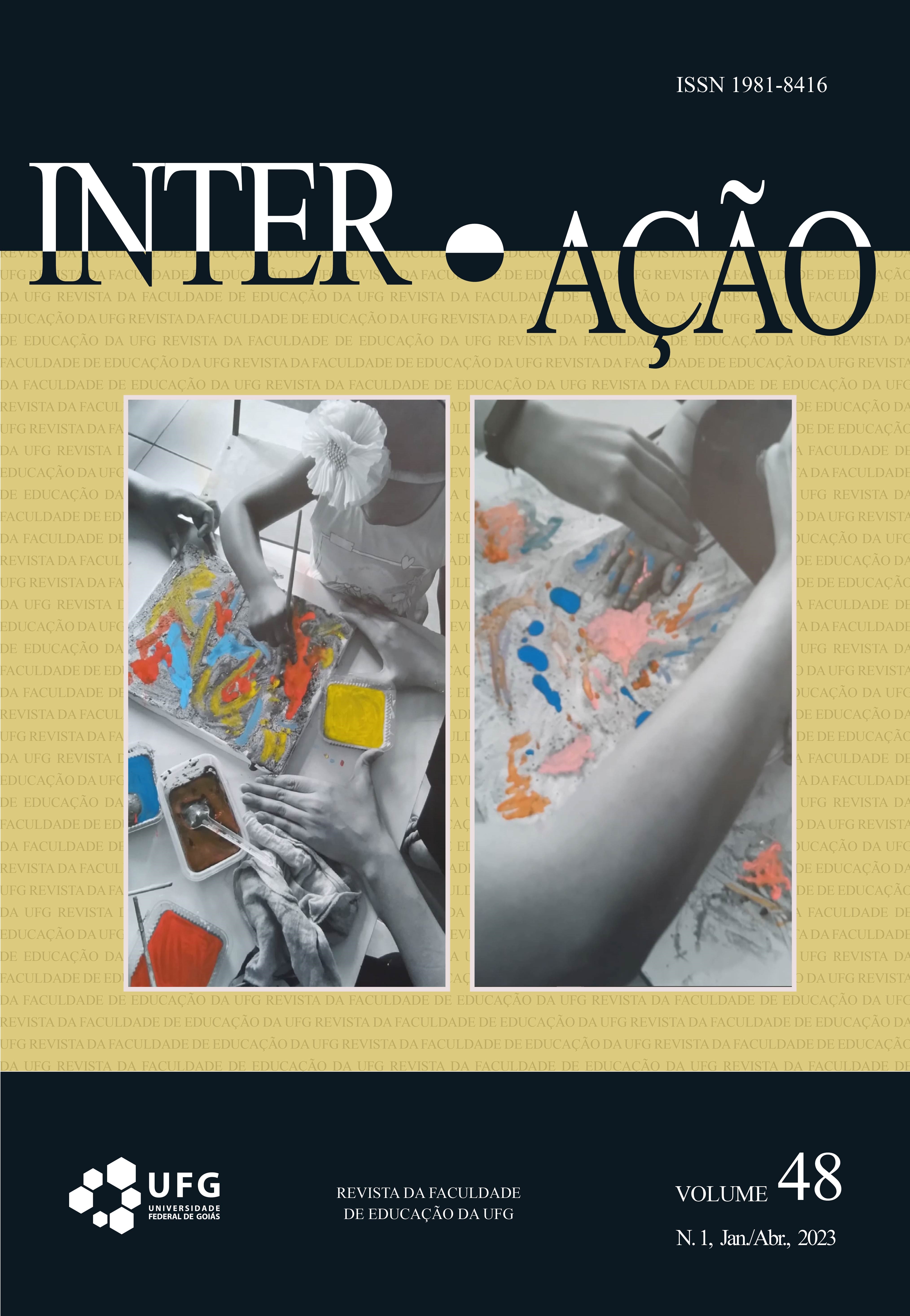STUDENT ASSISTANCE AT THE FEDERAL INSTITUTE OF ACRE: A VIEW FROM THE INSTITUTIONAL DOCUMENTS
DOI:
https://doi.org/10.5216/ia.v48i1.74778Abstract
The article aims to describe and make an overview of Ifac's national and local student assistance policies, with a view to the permanence and success of quota students. Documentary and bibliographical research was used, through a qualitative and exploratory approach. After analyzing and reading the selected material, the data were examined according to Minayo (2016). It was observed that since the beginning of its activities, Ifac has shown concern for students based on the development of actions listed in the Pnaes Decree and which, by reformulating its regulations, favored the promotion of the permanence and success of its students with institutional policy, as an example, based on the implementation of socioeconomic support programs, contributing to the permanence and success of quota students.
KEYWORDS: Student Assistance; Permanence; Success; Federal Institute of Acre.
Downloads
Published
How to Cite
Issue
Section
License
Copyright (c) 2023 Lorena Rodrigues Barbosa, Mário Sérgio Pedroza Lobão

This work is licensed under a Creative Commons Attribution-NonCommercial 4.0 International License.
Inter-Ação uses the Creative Commons Attribution 4.0 License for Open Access Journals (Open Archives Initiative - OAI) as the basis for the transfer of rights. Open access means making documents available on the Internet free of charge, so that users can read, download, copy, distribute, print, search, or link to the full text of documents, process them for indexing, use them as input data for software programs, or use them for any other lawful purpose, without financial, legal, or technical barriers.
Authors publishing in this journal agree to the following conditions:
1) Authors retain copyright and grant the journal the right of first publication, with the work simultaneously licensed under the Creative Commons Attribution License, which permits redistribution of the work with attribution and first publication in this journal.
2) Authors are permitted to enter into additional, separate agreements for non-exclusive distribution of the version of the work published in this journal (e.g., for publication in an institutional repository or as a book chapter), with attribution and first publication in this journal.
3) Authors are permitted and encouraged to publish and distribute their work online (e.g. in institutional repositories or on their home page) at any time before or during the editorial process, as this may generate productive changes as well as increase the impact and citation of the published work.















